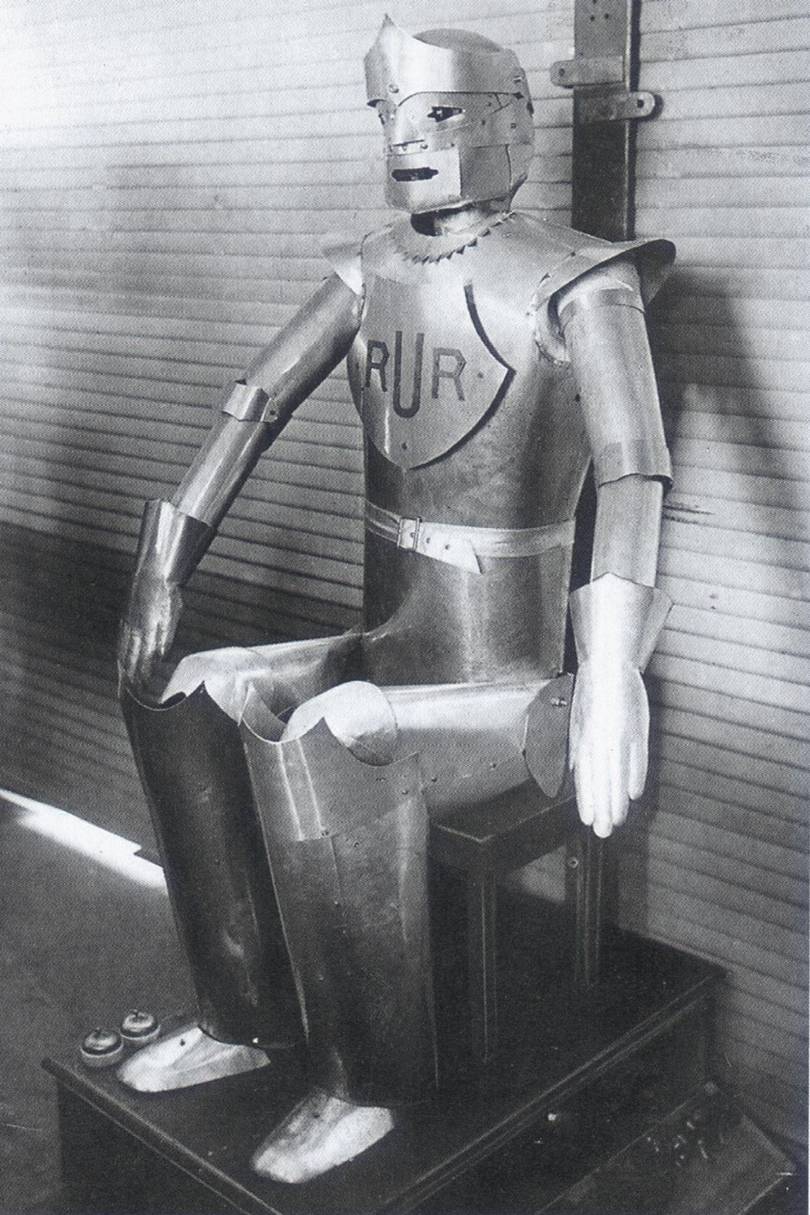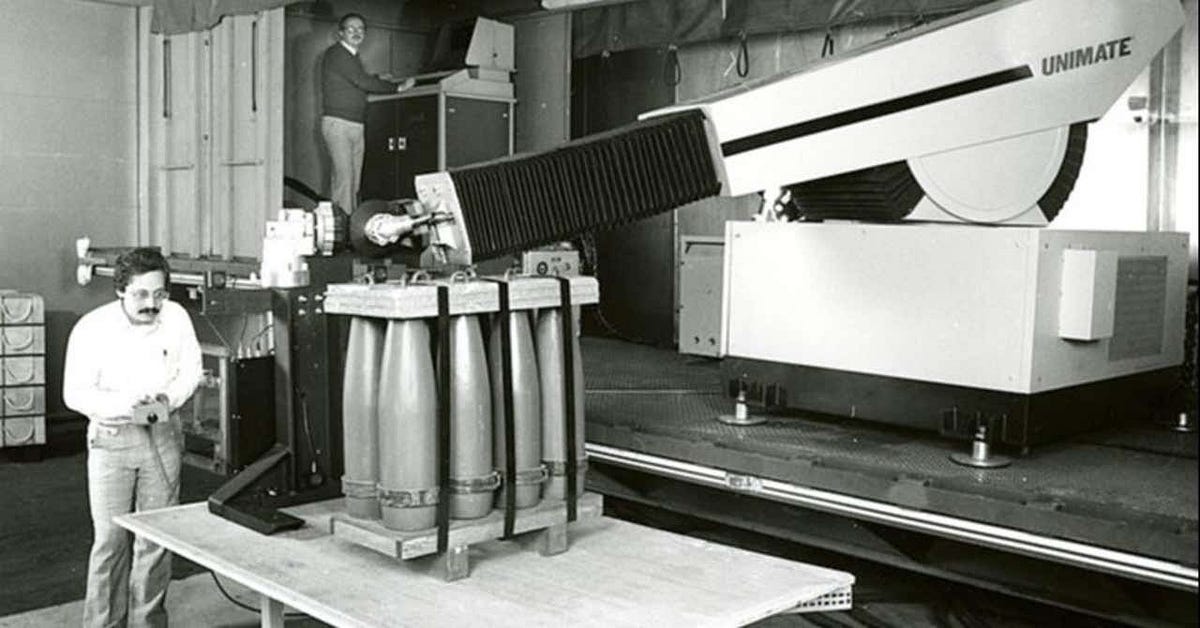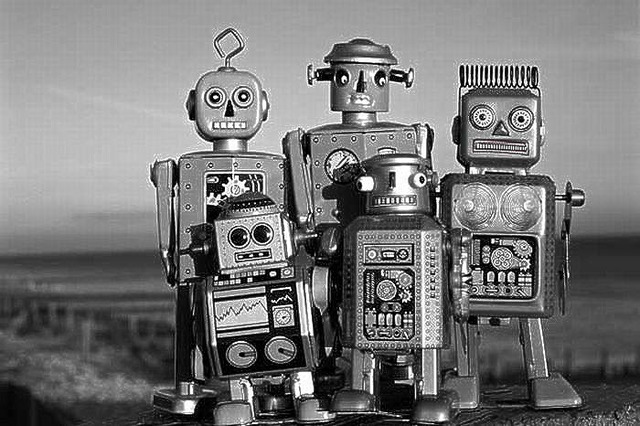You may have heard of the term “robot” before, but do you know when it was first used? The word has become so ubiquitous in modern society that it’s hard to imagine a time when it didn’t exist. In this article, we’ll explore the origins of the term “robot” and its evolution over time.
Origins of the Word Robot

The word “robot” comes from the Czech word “robota,” which means “forced labor” or “toil.” The term was first introduced in Karel Čapek’s 1920 play, “R.U.R.,” which stands for “Rossum's Universal Robots.” The play depicts a society where robots are created to perform menial tasks, but ultimately turn on their human creators.
The play was a critical success and introduced the term “robot” to the world. It’s worth noting, however, that the robots in Čapek’s play were not mechanical creatures as we might imagine today. Instead, they were made of biological material and resembled human beings.
Evolution of the Robot

Over time, the term “robot” evolved to refer to mechanical devices that could perform tasks automatically. The first true robot was created in 1954 by George Devol, who patented the Unimate, a robotic arm designed for use in manufacturing. The Unimate was the first robotic device to be used in an industrial setting and paved the way for the development of modern robotics.
Since then, robots have become an increasingly common sight in everyday life. They’re used in manufacturing to assemble products, in healthcare to perform surgeries, and even in space exploration to conduct research on other planets.
The Impact of Robotics on Society

Robotics has had a significant impact on society in a variety of ways. On the one hand, robots have made it possible to perform tasks that were once impossible or impractical. They’ve also made many tasks safer for humans, as they can perform dangerous tasks without putting people at risk.
On the other hand, there are concerns that robotics could lead to job loss or the dehumanization of society. As robots become increasingly capable, there’s a risk that they could replace humans in many jobs, leading to widespread unemployment. Additionally, some people worry that reliance on robots could lead to a loss of empathy and human connection.
The Future of Robotics

The future of robotics is uncertain, but it’s clear that robots will continue to play an increasingly important role in society. As technology advances, robots will become more capable and more human-like, with the potential to revolutionize many industries.
Some experts predict that robots could eventually become so advanced that they surpass humans in intelligence and ability. This raises questions about the implications of such a development, and what it would mean for the future of humanity.
Conclusion
The term “robot” may have originated in a play nearly 100 years ago, but its impact on society has been profound. From the first mechanical robot arm to the advanced robots of today, robotics has changed the way we live and work in countless ways. As we look to the future, it’s clear that robotics will continue to be an important area of development and innovation.